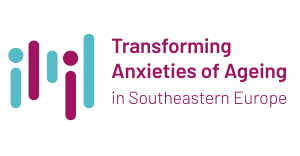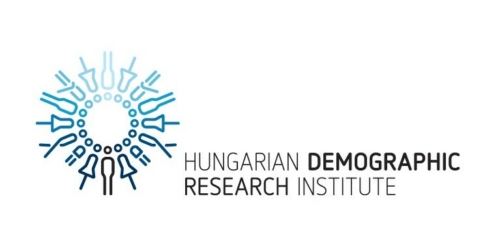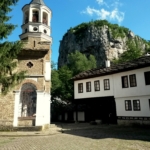Intergenerational Writing Workshop “Tell me! Writing to the children about life”
26 January 2024, Graz (Austria)
In collaboration with the “Caring-Living-Labs Graz,” a project funded by the “Fonds Gesundes Österreich,” an intergenerational writing workshop was held on 26 January 2024. Five Bosnian-speaking women with migrant biographies, aged between 25 and 70, wrote about their experiences of growing older, living together across generations, and their aspirations at their stage of life.
The workshop had been prepared over several weeks with an older Bosnian-speaking woman with a migrant background, who was initially reached out to via a local neighborhood center. This collaborative preparation was grounded by the insight that older people themselves possess expertise derived from their experiences[1] and that appropriate settings and workshops can only be developed based on this expert knowledge. Through ongoing communication, the workshop’s content and the selection of participants were carefully curated with her and Anna-Christina Kainradl, the responsible project researcher at the Center for Interdisciplinary Research on Aging and Care (CIRAC). Throughout the collaboration, the researcher paid increased attention to the joint production of knowledge with its embedded aspects of power[2] ensuring that the collaboration was characterized by mutual respect and equitable participation. In this process, the collaborating partner (the woman with the migrant background) contributed expertise not only to the design of the workshop, but also in identifying and inviting suitable participants.
Workshop participants
Copyright: CIRAC – Anna-Christina Kainradl
The workshop took place at a neighborhood center in Graz (Austria), chosen for its conducive atmosphere fostering an accessible exchange of experiences and knowledge[3]. Throughout the session, participants reflected employing creative writing techniques on their personal journeys through aging. They explored the implicit gender norms that shaped their experiences, the narratives of their lives, with all their ruptures and continuities. In their narratives, particular attention was paid to the role of older male family members in the participants’ childhood and adolescence. Their own roles as women and mothers were more prominent in their reflections on their own lives and aging. The intergenerational dialogue proved to be empowering, as participants expressed appreciation for the diversity of perspectives, which shed light on the myriad roles and possibilities for shaping care relationships across the lifespan.
Acknowledgements
[1] Wanka, Anna/Urbaniak, Anna (2023): “Partizipative Alter(n)sforschung: Definitionen, Anwendungsfelder und Herausforderungen in unterschiedlichen Forschungsphasen.” In: Zeitschrift für Gerontologie und Geriatrie 56, 5, 357–361.
[2] Sprung, Annette (2016): “Wissenschaft ‘auf Augenhöhe?’ Partizipatives Forschen in der Erwachsenenbildung zwischen Affirmation und Kritik.” In: Magazin erwachsenenbildung.at, 27, 04/1-04/8.
[3] Schuchter, Patrick/Wegleitner, Klaus/Heller, Andreas (2020): “Ethik in der kommunalen Sorge: Lebenskunst und ethische Spannungsfelder.” In: Annette Riedel/Sonja Lehmeyer (Eds.): Ethik im Gesundheitswesen. Berlin, Heidelberg, 1–23.









